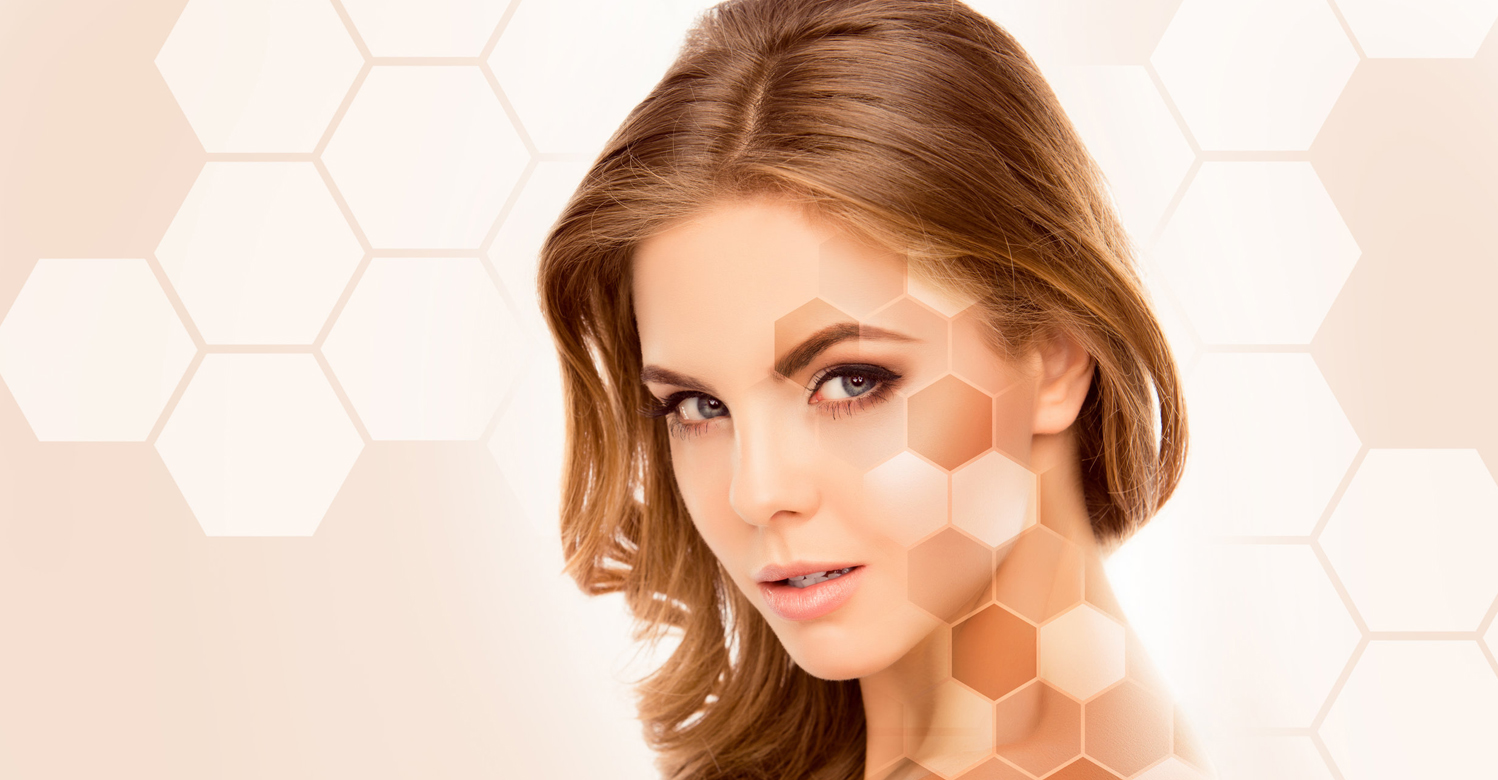February 2021 –
I’m so glad you asked!
You came to the right place to learn the differences, benefits, and what these products really do for your skin.

Both Vitamin C and Retinoids – or Vitamin A derivatives – are both known to fight signs of aging, build collagen, help fade hyperpigmentation, and defend against free radical damage. Both Vitamin A and Retinoids can be very useful within the skin but require knowledge on how to use them properly.
As a rule of the skin, we only accept that which we know. AKA the skin will not be able to use anything foreign to our natural biology. Using Vitamin C and Vitamin A together at the same time can over sensitize the skin because they are both powerful ingredients the skin recognizes and can use efficiently.

So why are these Vitamins so important and why do we need them?
Vitamin A is used to encourage cell turnover, to treat cystic acne soften fine lines and wrinkles.
As with everything else in the world, sometimes things don’t function the way they should and so is true with skin cells as well. Acne and signs of aging can be caused by a slower cell turnover rate so retinoids can be prescribed to help encourage cell proliferation to treat these issues.
Vitamin A works by stimulating dead skin cells to slough away so new skin cells can make their way to the surface. Too much Vitamin A can result in over exfoliation and can cause more problems within the skin if not used properly.
The best course of action when looking to start a Retinoid is to contact a professional so they can analyze your skin and prescribe the correct dosage and form of the Retinoid to address your specific skin concerns. Vitamin A is a powerful tool for he skin and different skin types require different forms and strengths. Always err on the side of caution and get a professional’s opinion before jumping into a Retinoid.
Vitamin C is an essential part of optimal skin cell functioning. We naturally have Vitamin C in our skin, but as we age and our skin is damaged from things such as free radicals and UV exposure, our Vitamin C declines. Vitamin C can be applied topically to help limit damage caused by over exposure to UV rays. It is not a sunscreen as it doesn’t absorb the rays, but the potent antioxidants in Vitamin C help to protect and repair the damage caused by UV rays and free radicals. Vitamin C also works to regulate and promote production of collagen within the skin. Collagen is a hot topic right now, and the only true way to get more collagen is to stimulate our bodies to produce more – WHEN IT IS NEEDED. Too much or too little collagen within the skin can be damaging and can cause scarring.

When looking for a Vitamin C topical, you should be looking for a product with L-Ascorbic Acid – the most active form of Vitamin C. Vitamin C also denatures (becomes less effective) very easily so it is important to look for proper packaging as well. To keep Vitamin C potent, it should be stored in an opaque glass container so little to no light can penetrate the product. Storing Vitamin C in a glass container also helps to eliminate any fluctuation in temperature that can also denature the product.
As always, getting a professional’s opinion on skin care products is greatly recommended. Both Vitamin C and Vitamin A can be great additions to your skin care regimen when used properly. Your Esty Bestie is always here to assist in any ways necessary to get you the skin you love.




